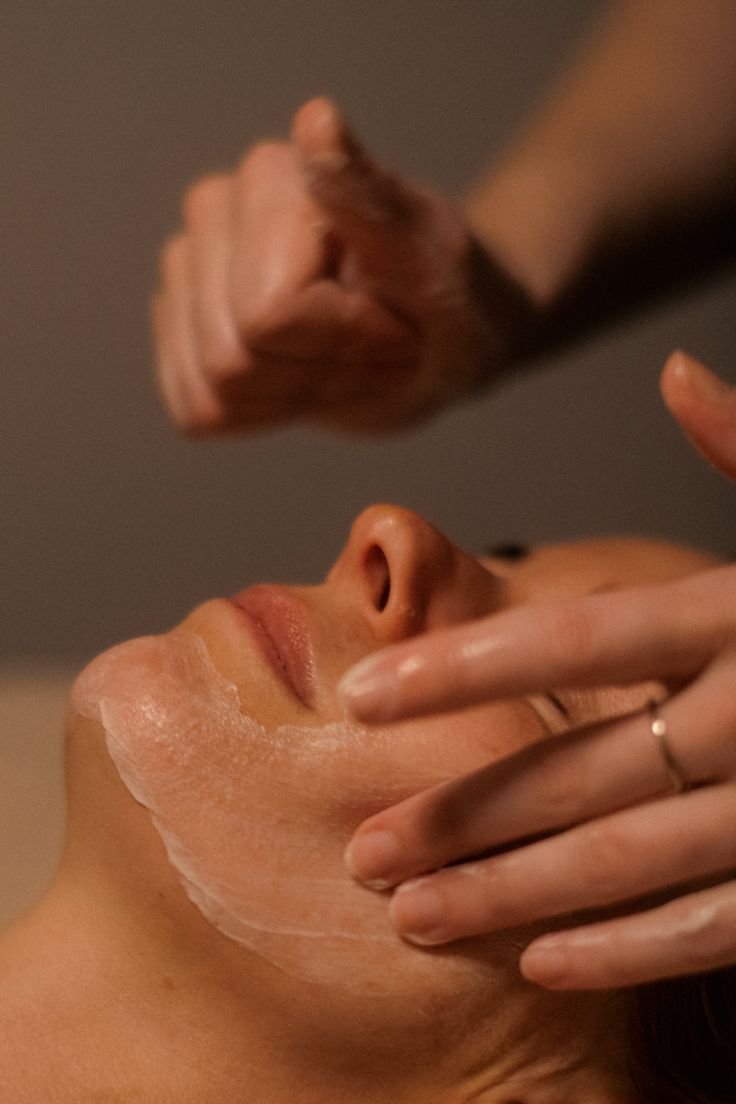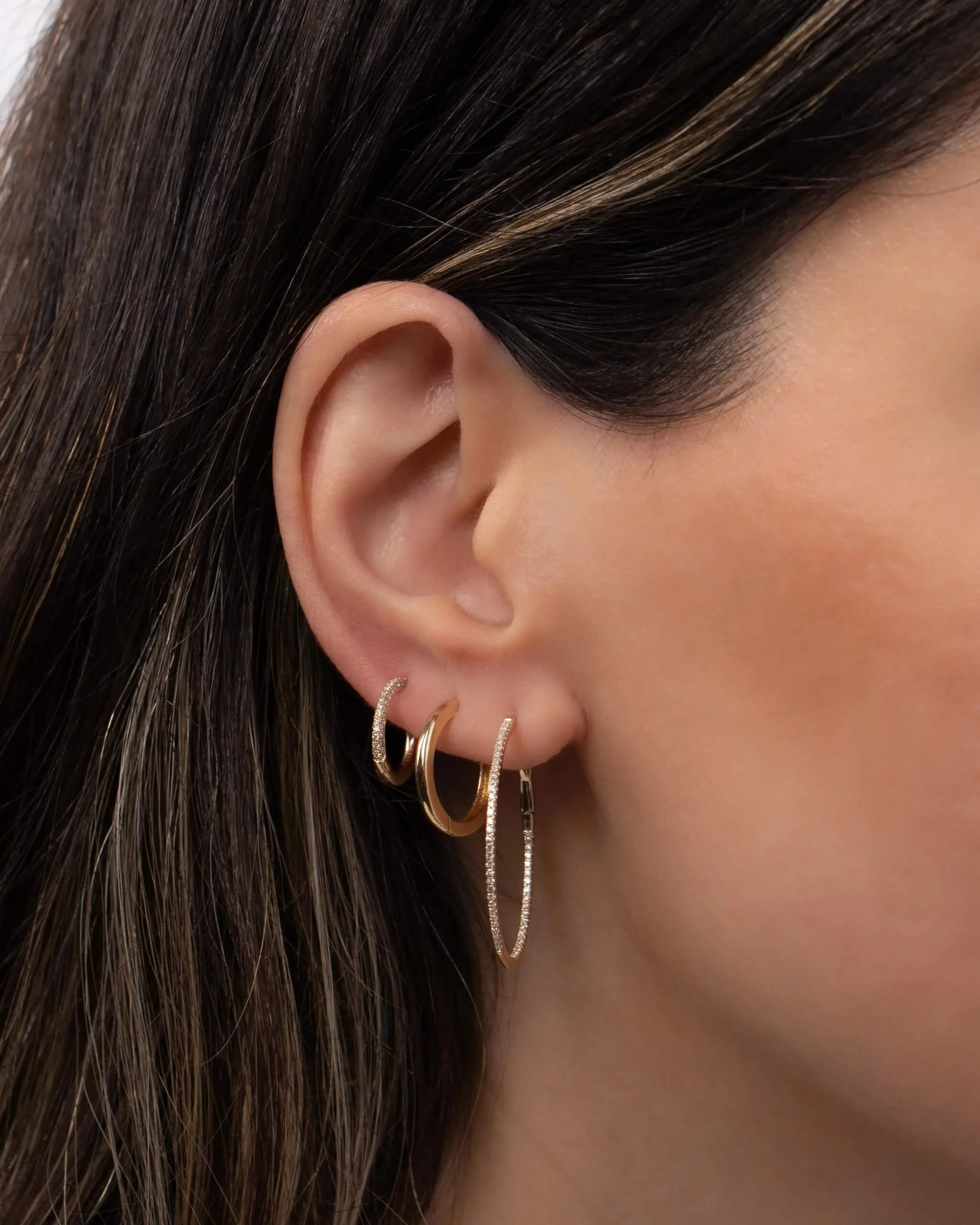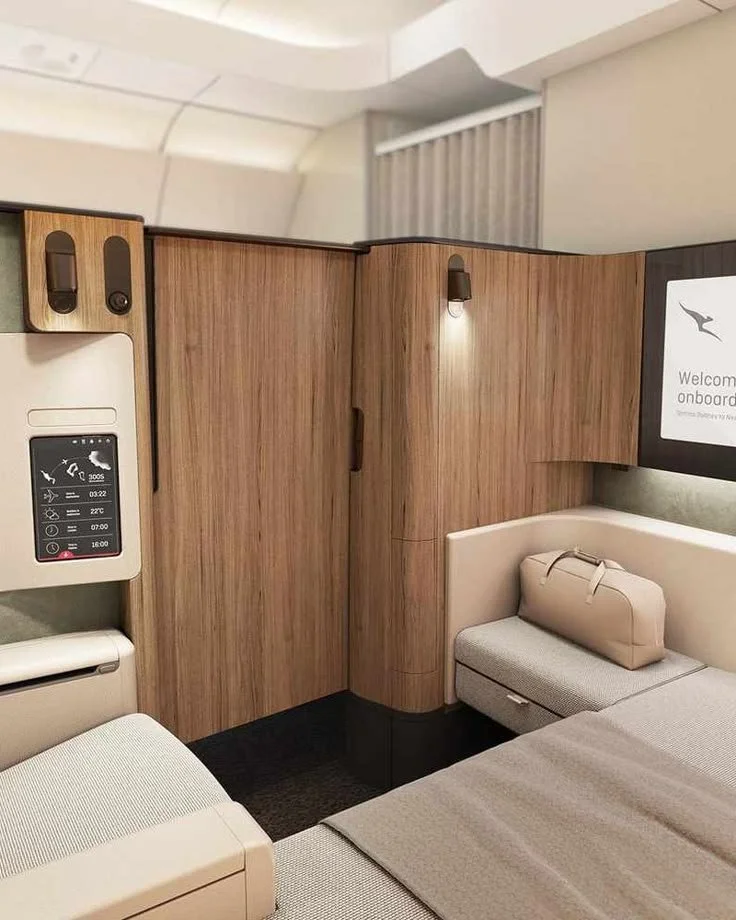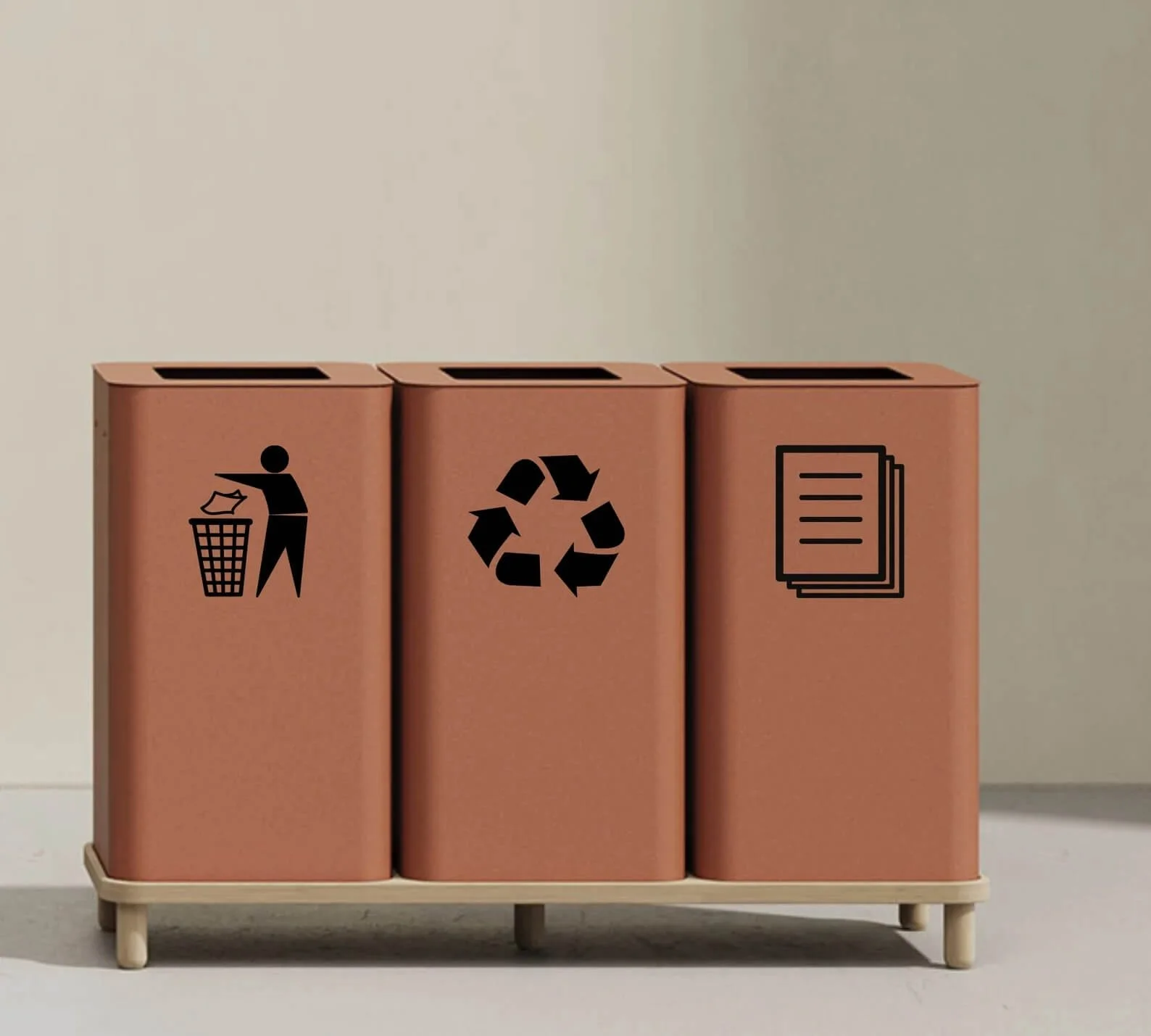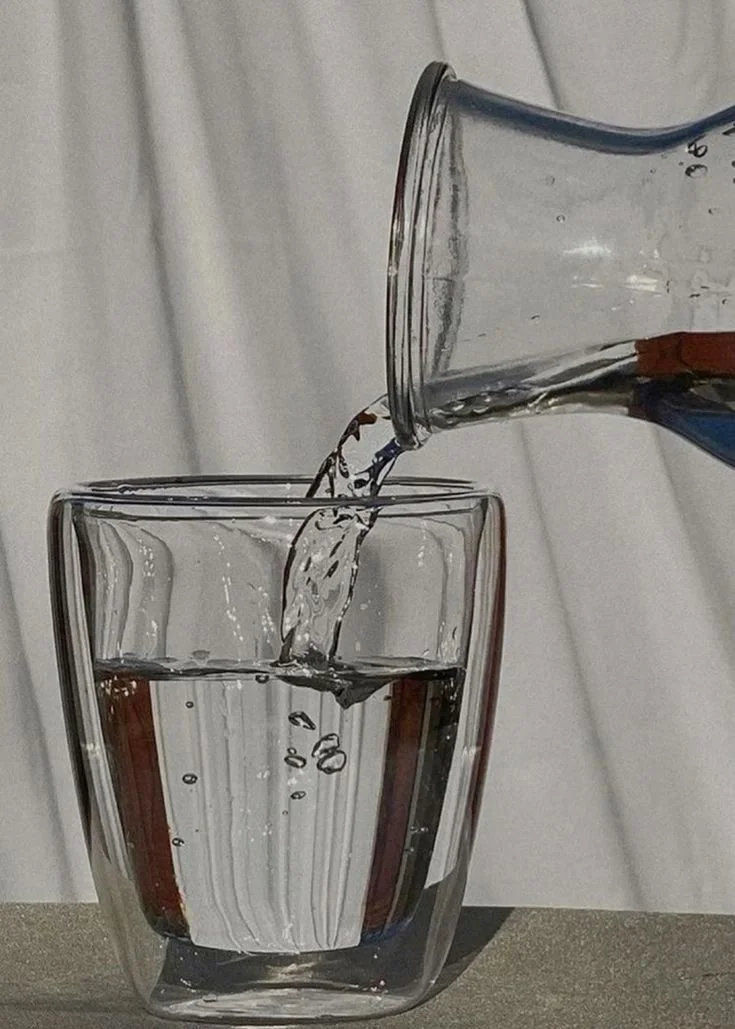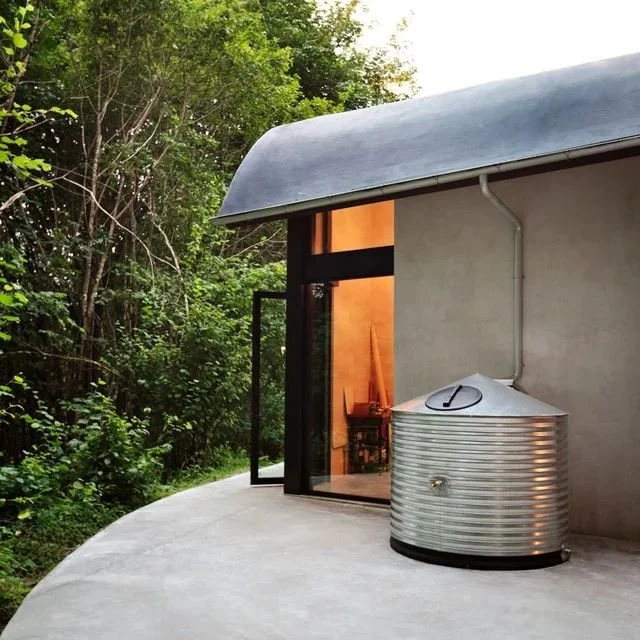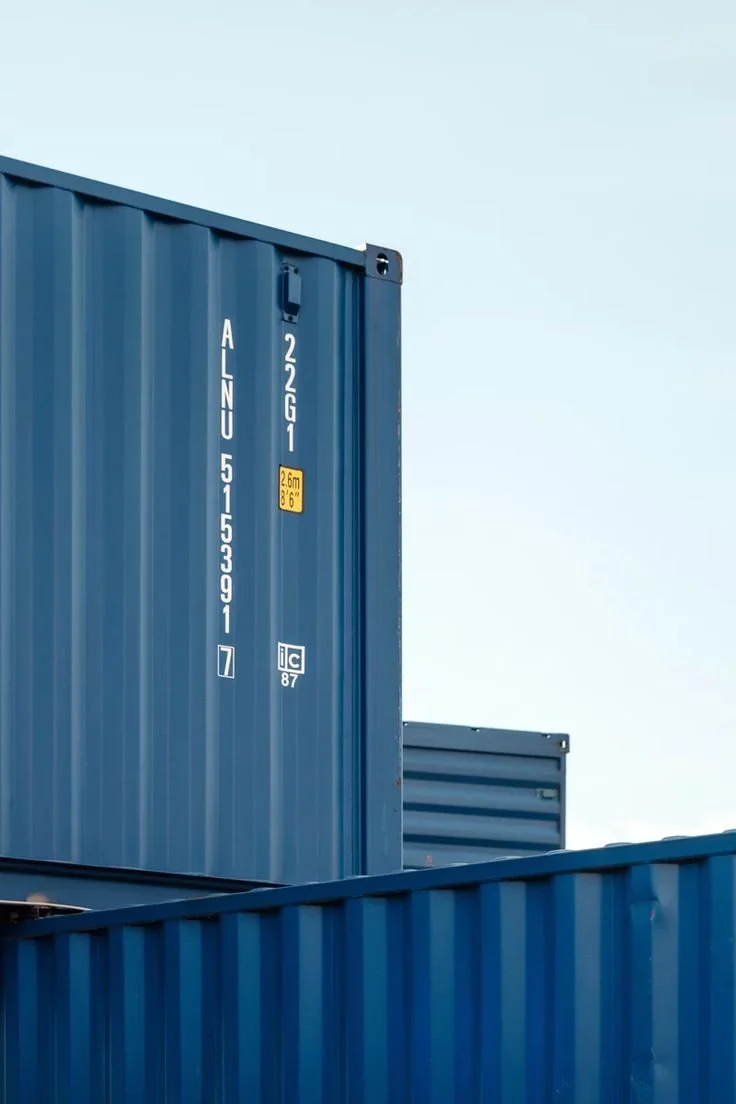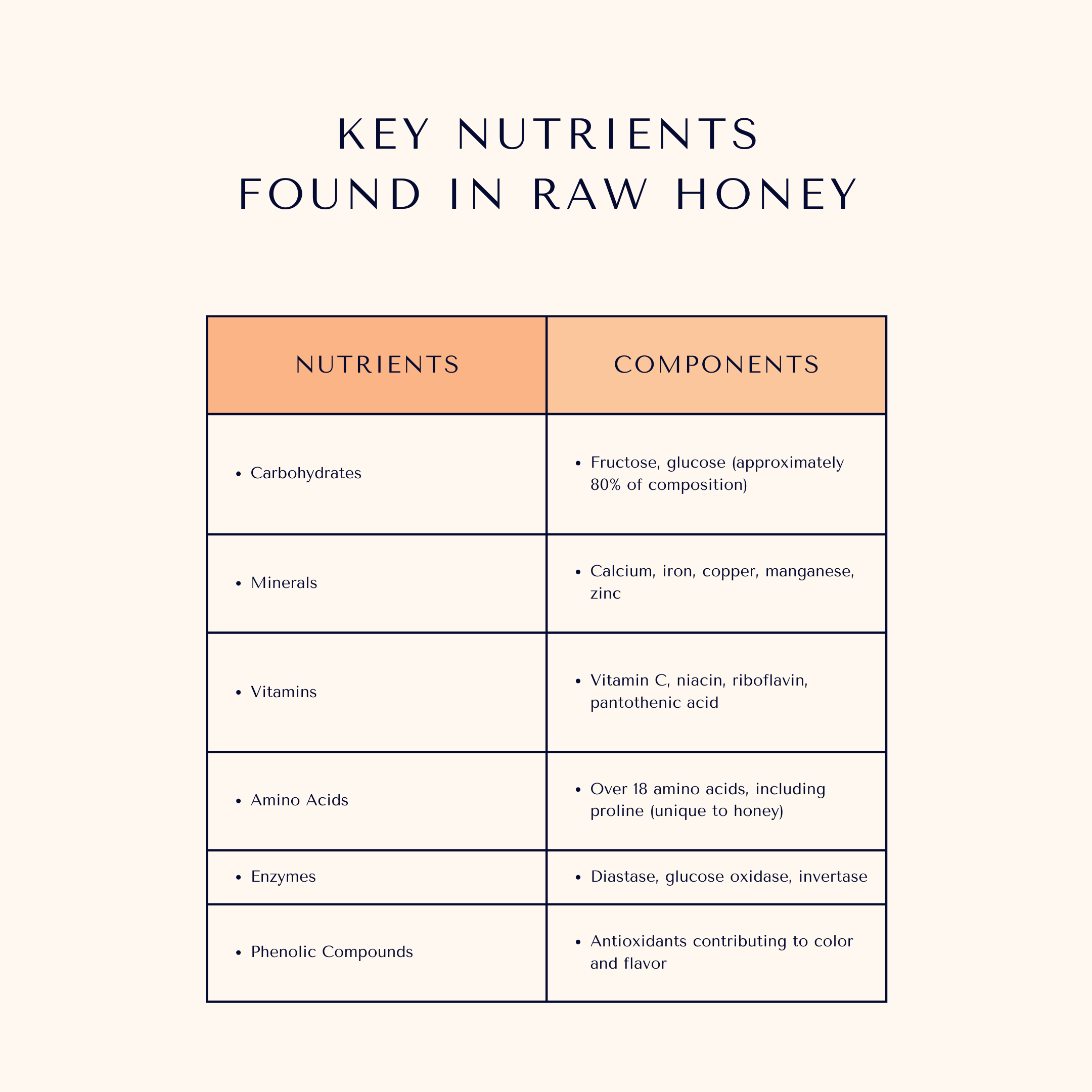Taking the brave leap into recovery from addiction marks a significant stride towards a life filled with wellness and purpose. Yet, navigating the maze of recovery centers presents its own set of challenges, with a multitude of choices that can feel daunting. Every recovery center boasts its own set of specialized programs, methods, and atmospheres crafted to cater to a spectrum of individual needs.
This article aims to delve into the myriad types of recovery centers available, guiding you through the maze to pinpoint the ideal option that aligns with your unique journey towards healing.
Amidst the vast landscape of recovery centers lie diverse pathways to recovery, each offering its own blend of support and resources. From inpatient rehabilitation facilities providing immersive, round-the-clock care to outpatient centers offering flexibility for those balancing recovery with daily responsibilities—the options are manifold.
Additionally, specialized centers cater to individuals grappling with dual diagnosis, addressing the intricate relationship between substance abuse and mental health. Others adopt holistic approaches, integrating conventional therapies with alternative healing modalities to nurture the mind, body, and spirit.
Furthermore, faith-based centers intertwine spiritual principles with recovery, fostering a sense of community and spiritual growth. By shedding light on these varied avenues, individuals can navigate towards a recovery center that resonates with their unique needs and aspirations for a brighter tomorrow.
No. 1
Inpatient Rehabilitation Centers
Residential treatment facilities, commonly referred to as inpatient rehabilitation centers, offer round-the-clock care and assistance within a well-organized setting.
These establishments are particularly suitable for individuals in need of intensive support to address substance abuse or addiction issues. Patients stay at these facilities for a set duration, usually spanning from 28 days to several months, tailored to their specific requirements and progress.
Inpatient rehabilitation programs encompass a wide array of services, such as detoxification, both individual and group therapy sessions, medical oversight, recreational activities, and post-treatment planning. The immersive environment of inpatient care enables individuals to concentrate fully on their recovery journey, shielded from the distractions and potential triggers encountered in their daily routines.
No. 2
Outpatient Treatment Centers:
Outpatient treatment facilities provide a flexible option for those unable to fully engage in a residential program because of work, family, or other commitments.
These centers offer therapy and support sessions part-time, enabling clients to maintain their daily responsibilities while receiving treatment. The intensity of outpatient programs varies, from a few hours of therapy weekly to more rigorous schedules with daily sessions.
Services offered encompass individual counseling, group therapy, medication oversight, and education on preventing relapse. Outpatient treatment caters to individuals dealing with mild to moderate substance abuse problems or those transitioning from inpatient care to living independently.
No. 3
Dual Diagnosis Treatment Centers:
Centers for dual diagnosis treatment focus on helping individuals dealing with both substance abuse and mental health issues concurrently.
These facilities understand the intricate relationship between addiction and mental illness and provide integrated treatment methods to tackle both problems effectively. Dual diagnosis programs usually start with thorough assessments to pinpoint underlying mental health disorders and create tailored treatment plans.
Therapy options may encompass medication management, one-on-one counseling, group sessions, behavioral techniques, and assistance in managing symptoms and coping strategies. These centers take a comprehensive approach to recovery, acknowledging the intertwined nature of addiction and mental health issues through specialized care.
No. 4
Holistic Recovery Centers
The holistic Ohio recovery center aims to address all aspects of an individual—mind, body, and spirit—by combining traditional therapy methods with alternative treatments.
These facilities prioritize holistic healing techniques like yoga, meditation, acupuncture, massage therapy, nutrition counseling, and mindfulness exercises to enhance overall health and facilitate recovery. They acknowledge the significance of tackling underlying emotional, physical, and spiritual imbalances that contribute to addictive behaviors.
Through promoting self-awareness, self-care, and inner strength, patients can develop sustainable recovery strategies and maintain sobriety in the long term. Holistic recovery centers offer a supportive atmosphere conducive to personal development, empowerment, and holistic well-being.
No. 5
Faith-Based Recovery Centers
Recovery centers rooted in faith incorporate spiritual beliefs and religious teachings into their programs for treating addiction and aiding in recovery.
Faith-based recover centers tap into various faith traditions such as Christianity, Islam, Judaism, Buddhism, or Hinduism to establish a framework for healing and personal growth. Their offerings may encompass activities like prayer sessions, studying religious texts, receiving guidance from religious mentors, participating in worship ceremonies, and connecting with others who share similar beliefs.
By fostering a supportive community environment, faith-based recovery centers empower individuals to draw strength, guidance, and encouragement from their faith as they journey toward sobriety. Through this connection with a higher power or spiritual essence, individuals can leverage faith-based principles to confront obstacles, discover meaning, and maintain their recovery journey.
Additionally, these centers cultivate an atmosphere where individuals are encouraged to explore and deepen their spiritual connections as they navigate the complexities of addiction recovery. Through prayer, meditation, and the study of sacred texts, participants engage in profound introspection and soul-searching, seeking clarity and enlightenment amidst their struggles.
Moreover, religious counseling sessions provide a platform for individuals to grapple with their inner turmoil and receive guidance rooted in spiritual wisdom. The communal aspect of faith-based recovery centers fosters a sense of belonging and camaraderie, offering participants a network of empathetic peers who understand and share their journey. Together, they draw strength from their faith community, finding solace in collective worship and mutual support as they strive toward enduring sobriety and spiritual fulfillment.
Takeaways
When exploring different types of recovery centers, it's essential to consider your unique needs and preferences to choose the right option for you. Whether you're looking into traditional rehab facilities, holistic wellness retreats, or specialized programs focusing on mental health or addiction recovery, take the time to research each center thoroughly.
Assess the therapies offered, the qualifications of the staff, the environment and amenities, as well as the overall philosophy of treatment. Ultimately, the best choice will align with your goals, values, and comfort level, ensuring a supportive and effective path towards healing and growth.
FAQ
What types of recovery centers are there?
There are various types of recovery centers tailored to meet different needs. These include inpatient rehabilitation centers, outpatient treatment centers, dual diagnosis treatment centers, holistic recovery centers, and faith-based recovery centers.
How do I know which type of recovery center is right for me?
The right recovery center depends on factors such as the severity of your addiction, your personal preferences, and any co-occurring mental health conditions.
Inpatient rehabilitation centers are suitable for individuals requiring intensive, round-the-clock care, while outpatient treatment centers offer flexibility for those with mild to moderate addiction issues.
Dual diagnosis treatment centers are ideal if you have both addiction and mental health disorders, while holistic recovery centers focus on holistic healing modalities.
Faith-based recovery centers are suitable for individuals seeking spiritual guidance and support in their recovery journey.
What services do recovery centers typically offer?
Recovery centers offer a range of services tailored to address addiction and promote overall well-being. These may include detoxification, individual and group therapy, medication management, relapse prevention education, holistic therapies (such as yoga and meditation), spiritual guidance, and aftercare planning.












